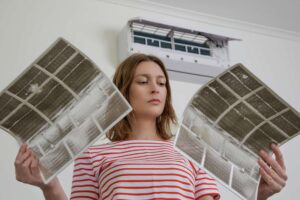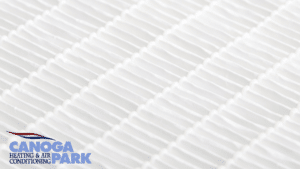
Do You Have Mold in Your Air Conditioner? Look For These Symptoms
Mold is a type of fungus that can grow both indoors and outdoors. It thrives in damp, dark environments, which makes it a common problem in air-conditioning systems. If you suspect that your air-conditioning system has mold, there are several steps you can take to confirm the diagnosis and address the problem. Here are four ways you can tell if you have air conditioner mold. 1. Inspect the air conditioner for visible mold growth Mold can appear as black, green, or white patches on the surface of your AC or the surrounding wall. When inspecting the unit, be sure to check both the inside and outside components to see if you have a moldy air conditioner. 2. Check for musty odors coming from the air conditioner If you have mold in your air conditioner, it will often cause a musty smell. This is due to the presence of spores released into the air to colonize other areas of your home. Don’t worry; our certified HVAC technicians can eliminate the friendly environment for mold and mildew. 3. Look for signs of water damage around the air conditioner Mold often grows on water-damaged surfaces. So, look for any signs of leaking or



